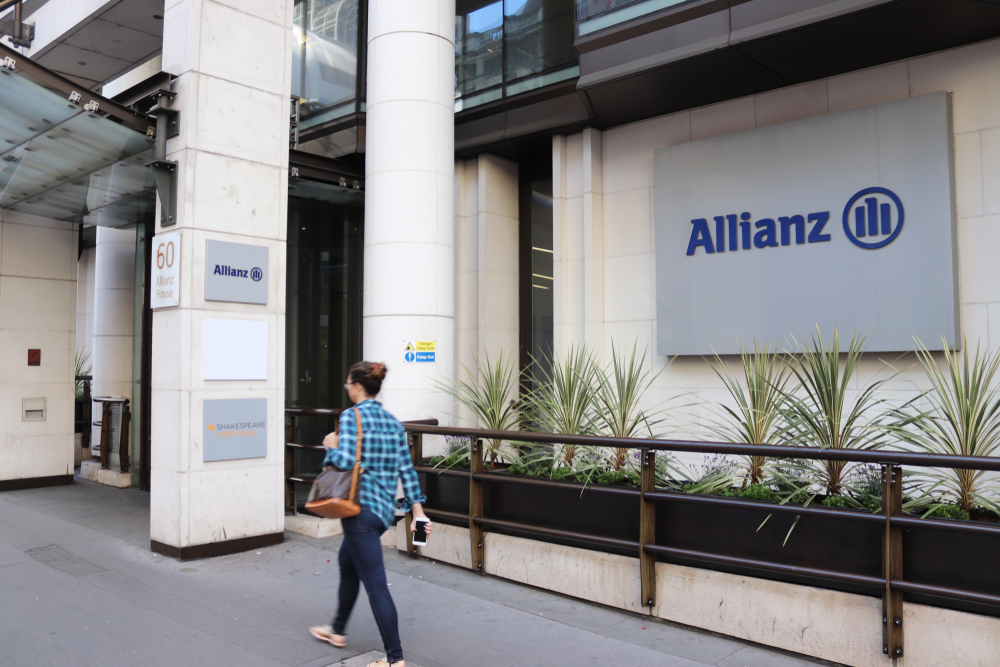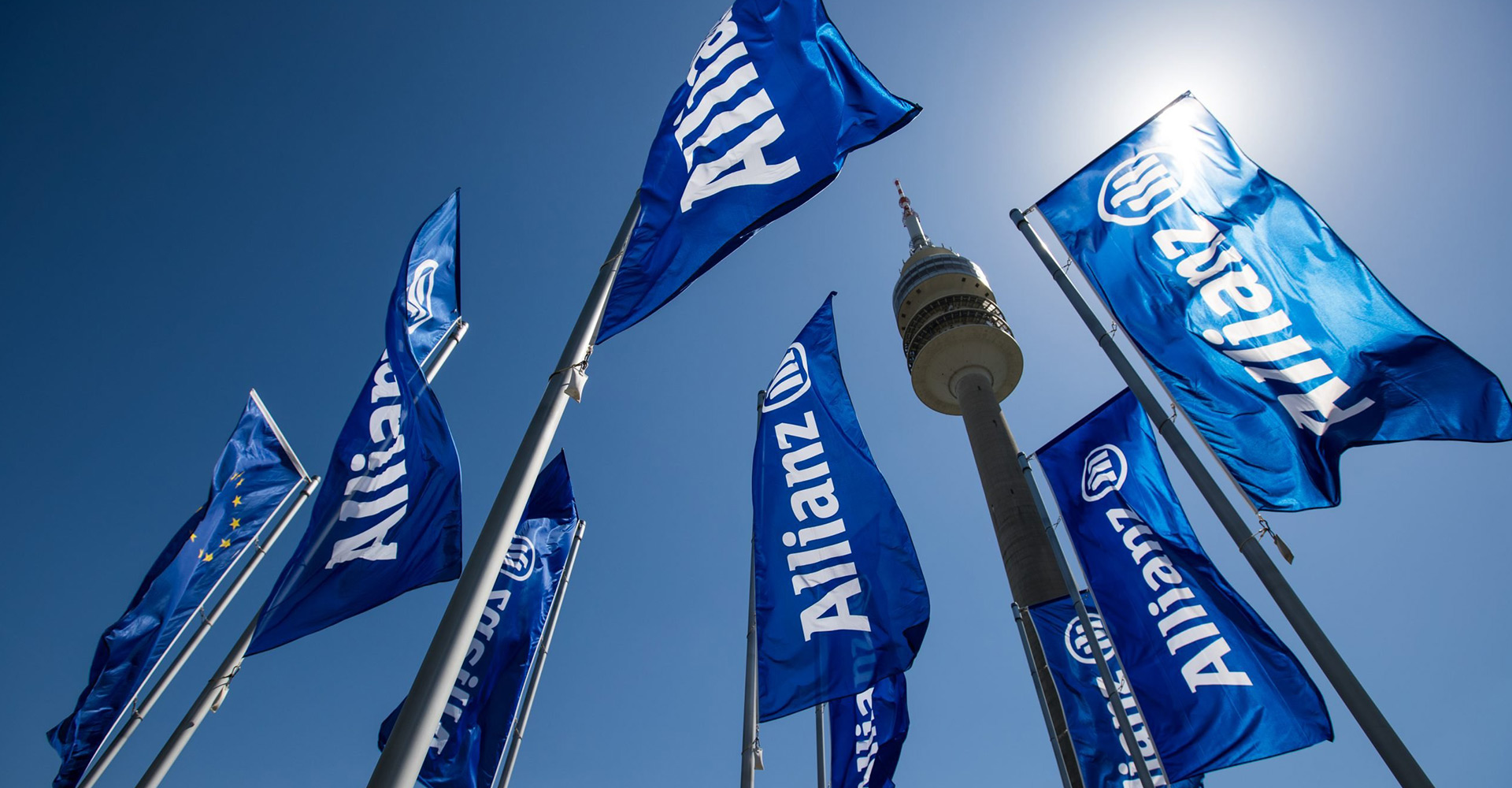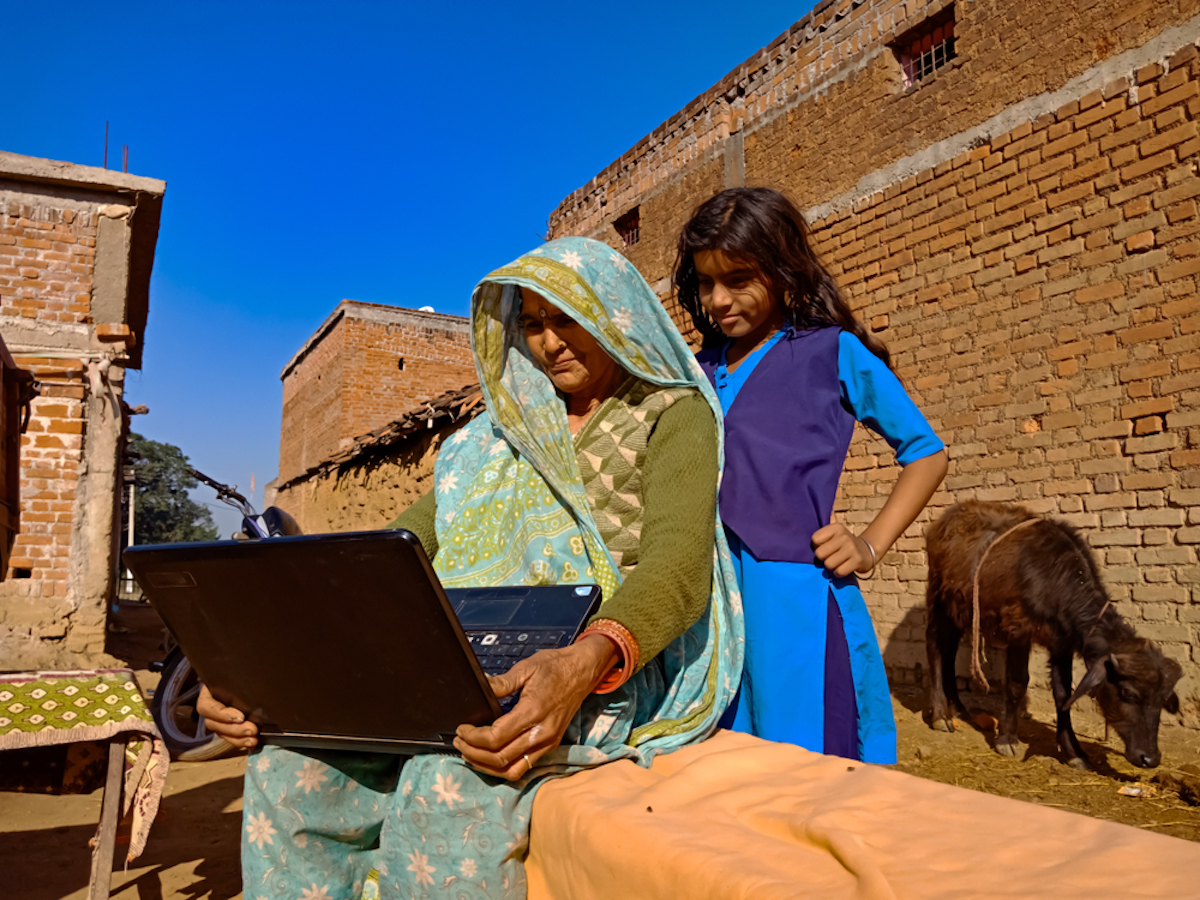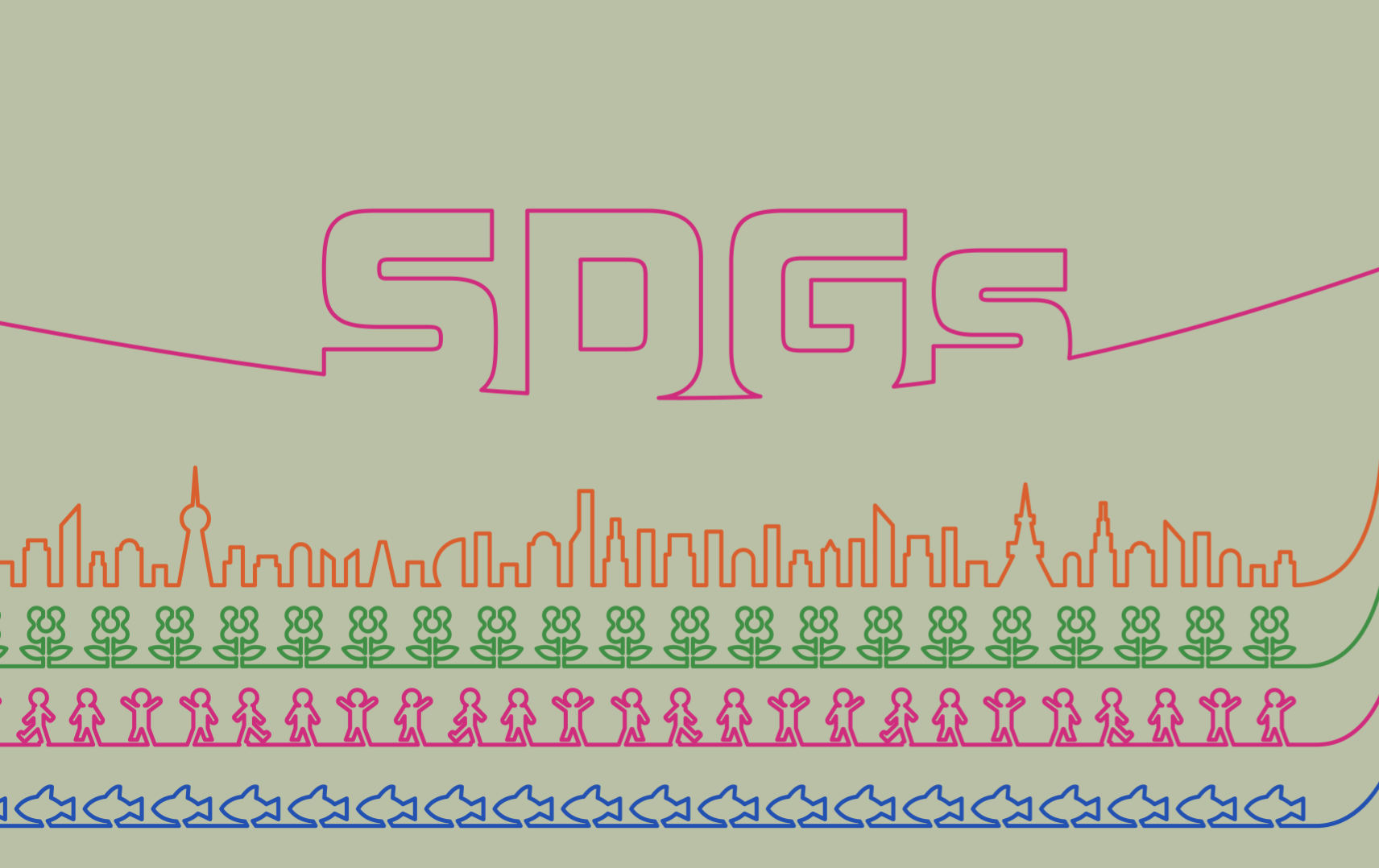ImpactAlpha, May 11 – Development finance institutions are typically quasi-governmental agencies that invest in economic development (and soft power) in emerging and growth markets. The largest U.S. private bank borrowed the DFI approach to beef up its impact investing in emerging markets.
The bank’s goal is to identify “the development gaps and then see if we could increase investment over time,” J.P. Morgan’s Faheen Allibhoy told ImpactAlpha (see, “Agent of Impact, Faheen Allibhoy“).
In its first year, J.P. Morgan closed nearly 440 deals worth $146 billion, according to its annual report.
There was some head scratching when the DFI was announced last year (see, “Three questions for J.P. Morgan’s new development finance institution“). “The objective of our team is to mainstream impact throughout what J.P. Morgan is doing,” said Allibhoy.
The team screens emerging markets deals across the bank for impact using a methodology build on the International Finance Corp.’s Anticipated Impact Measurement and Monitoring framework. Deals covered 16 of the 17 U.N. Sustainable Development Goals (the exception: SDG No. 14 – Life below water).
Impact continuum
The majority of J.P. Morgan’s capital – $91 billion – went to projects deemed “low” impact; just $11 billion classified as “high” or “very high” impact deals.
“We’re pleased with the distribution because it shows that our methodology is working,” Allibhoy said.
“High-impact” deals include a $750 million loan to the Uzbek government to build schools and hospitals and a $189 million loan to a Turkish telecom provider to purchase new equipment. The bank is also involved in a bond offering for South Africa-based Liquid Telecom, which provides fiber communication and broadband equipment for 10 countries in Africa, including the Democratic Republic of the Congo and South Sudan.
Investor demand
Unlike traditional DFIs, which make direct investments, J.P. Morgan works on the “sell side,” creating, promoting and selling investment products on behalf of public and private entities in search of capital.
“Investors are asking even more questions now” about emerging-market deals, down to transaction-level concerns about the use of proceeds, Allibhoy explained. “We’re hoping to mainstream this type of analysis across the board in what J.P. Morgan does in the emerging markets.”
She added that she also hopes the methodology will serve as a tool for assets owners and fund managers looking to ramp up impact investing. “Having a clear methodology that they can rely on to articulate and measure that impact is a lever that will (hopefully) make development finance or impact finance a more mainstream way to invest.”











